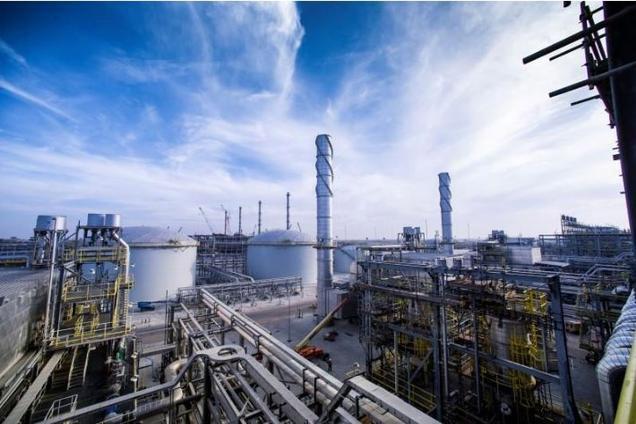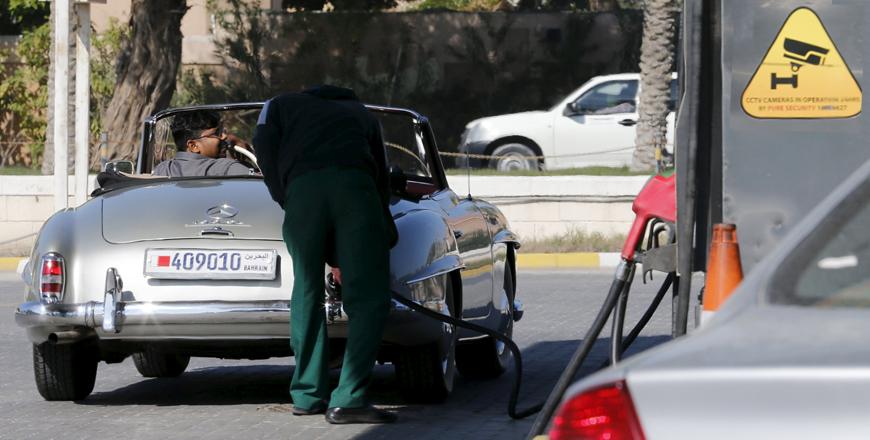You are here
Saudi budget deficit halves after reforms, oil rebound
By AFP - Aug 13,2017 - Last updated at Aug 13,2017

A view shows Saudi Aramco's Wasit Gas Plant, Saudi Arabia, on December 8, 2014 (Reuters file photo)
RIYADH — Saudi Arabia's budget deficit halved in the first six months of this year, the finance ministry said on Sunday, following sweeping spending cuts and a stabilisation in oil prices.
The ultra-conservative kingdom has moved to diversify its traditionally oil-dependent economy following a sharp fall in crude prices.
The budget deficit dropped by 51 per cent to 72 billion riyals ($19.2 billion) in the first half of 2017, the finance ministry announced.
"This result reflects an improvement in the management of public finances as a result of economic reform introduced through Vision 2030," said Saad Al-Shahrani, a high-ranking ministry official.
The Vision 2030 plan, announced by the kingdom last year, aims to develop Saudi Arabia's industrial and investment base and boost small-and medium-sized businesses to create local jobs and reduce reliance on oil revenue.
It is the second budget report released by Riyadh since the authorities announced in May they would begin issuing the figures on a quarterly basis to boost transparency.
The kingdom has regularly posted budget deficits since 2014, following a slump in oil prices.
Saudi Arabia, the world's largest crude exporter, in December projected a budget deficit of $53 billion for this year.
Revenues for the first half of the fiscal year were up 29 per cent to 308 billion riyals ($82.1 billion) from the same period last year.
Spending in the first six months dropped 2 per cent to 380.7 billion riyals.
As part of its reforms, Saudi Arabia is due to introduce value-added tax (VAT) in early 2018 along with the UAE and Qatar.
Three other Gulf states — Bahrain, Kuwait and Oman — plan to follow at a later date.
Riyadh announced in June it had begun taxing foreigners working in the private sector as part of its fiscal reforms.
The country is also preparing to sell just under 5 per cent of energy giant Aramco next year.
Saudi Arabia raised $17.5 billion in its first international bond offering in October 2016.
Related Articles
A lavish payout to public employees ordered by Saudi Arabia's new King Salman will help to sustain the kingdom's consumer boom and reassure financial markets that the government is not slashing expenditure in the face of low oil prices.
DUBAI — An austere state budget released by Saudi Arabia this week is likely to mark the end of an era for the Gulf's lavish cradle-to-grave
RIYADH, Saudi Arabia — Oil giant Saudi Aramco on Sunday reported a drop of 4.6 in its first-quarter net profits as lower sales and higher op













